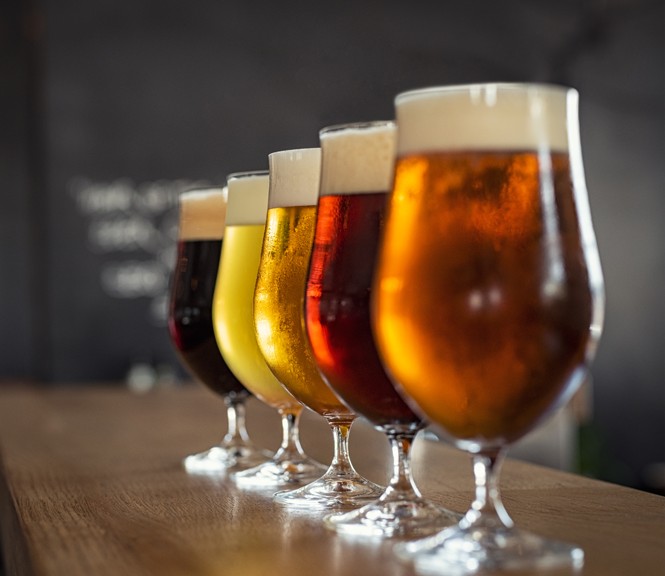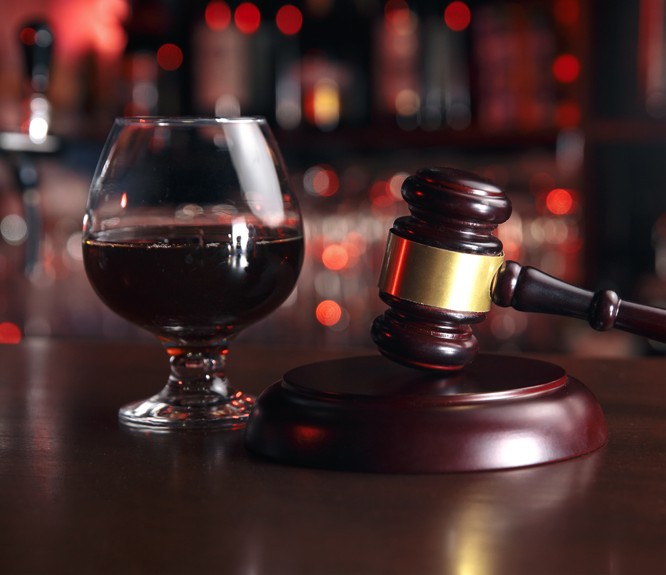LIQUOR LICENSE
ATTORNEYS
Liquor license laws in Michigan can be confusing, but our experienced lawyer can always help you navigate the maze of requirements and rules. If you are interested in transferring your liquor license, or if you are interested in acquiring a liquor license from a third party, Shinners & Cook has tremendous expertise in this area and can assist you throughout the process.
Working with experienced liquor license transfer lawyers can be helpful in ensuring your business’s success. If you have any questions about the liquor license laws , contact us today to set up a consultation.


CAN LIQUOR LICENSES BE TRANSFERRED IN MICHIGAN?
Transferring a liquor license in Michigan is possible, but it can be a complex process due to the state’s liquor license laws. Many rules, laws, and details must be followed, and mistakes are easy to make if you don’t know exactly what you’re doing.
HOW LONG DOES THE LICENSE TRANSFER PROCESS TAKE?
Transferring a liquor license typically does not take that long, especially with the assistance of legal representation. Once the buyer and seller have solidified the details of their transaction, the application process can take anywhere from thirty days to four months provided that the application was properly submitted.
An improperly prepared application can result in unnecessary delays however. If there is an error in any of the documents, then the entire process may have to be restarted. Working with an experienced liquor license transfer attorney can help prevent a prolonging of the transfer process.

DO I NEED TO HIRE AN ATTORNEY FOR A LIQUOR LICENSE TRANSFER?
Oftentimes people try to transfer a liquor license themselves without hiring legal representation. While it is possible to do alone, there are a lot of places where someone unfamiliar with the process could easily make avoidable mistakes. If you make a mistake, the application will be rejected and cause significant delays. Any errors will likely result in having to start the entire process over. Having an experienced liquor license transfer attorney to assist you can be critical to transferring a license as smoothly as possible.
An attorney can also be helpful when a liquor license is transferred along with the sale of a business. Having an attorney can ensure that all parties agree to the terms of the deal and make sure all documents are properly drawn up and followed is crucial. Even if you think you don’t need help, consulting with a Michigan attorney for liquor license transfer may prove to be worthwhile.

HOW DO YOU TRANSFER OWNERSHIP OF A LIQUOR LICENSE?
In the state of Michigan, there are three parties that must be involved in the transfer of a liquor license: the seller, the buyer, and the State. In Michigan, the State does not have ownership of the license in any way once a private party takes possession of it, but it plays an integral role in overseeing the purchase and transfer of liquor licenses. Here are the steps in the process:
FILL OUT AN APPLICATION
To transfer a liquor license in Michigan, the first step is fill out the application. If you are transferring the liquor license as part of an asset sale, the Retailer License & Permit Application (LCC-100) is used. If you are transferring a business interest, then the License Interest Transfer Application (LCC-101) is used instead.
Along with the application and its required forms, a non-refundable inspection fee of $70 per license and applicable transfer fees must be paid with your application submission. The transfer fees and protocols vary depending upon the type of liquor license being transferred. Because of these complex rules, it is important to consult with an experienced attorney before you being the application process.
FINGERPRINTS
Along with the forms and the inspection fee, any applicants who are going to own 10% or more of the interest in the license must submit their fingerprints through the Livescan fingerprinting process.
PURCHASE AGREEMENTS
Another document required when transferring a liquor license is a purchase agreement. The agreement must be signed by both the party transferring the license and the recipient of the license. Additionally, the agreement must detail the amount of interest being transferred.
LICENSING PROCESS
Once all documents and fingerprints have been submitted, the Licensing Division will review the submission. The Licensing Division will then submit the request to the Enforcement Division for investigation. The Enforcement Division will contact the applicant to set up an interview with the applicant and the license transferee. The investigator will review the purchase agreement, any financial documents, any property documents, and any other relevant items involving the liquor license transfer.
LICENSING REPORT
Once the interview has been completed, the Enforcement Division will prepare a report. The Licensing Division reviews this report and a request is prepared for the Commission. The Commission then schedules a license meeting to decide if the application will be approved or denied. Once a decision is made, the file is returned to the Licensing Division for final processing.

CONTACT SHINNERS & COOK
FOR LIQUOR LICENSE ASSISTANCE
Transferring a liquor license in Michigan is possible, but it can be difficult and quite confusing if you are not experienced in handling all of the rules and the required documents for the process. Hiring an experienced lawyer is always a good idea.
At Shinners & Cook, we have significant experience assisting clients with liquor license transfers. We can assist you with all aspects of the transfer, from dealing with the city to negotiating with the other party. Our goal is to make this process as easy and quick as possible for you. Contact us today for a consultation.

